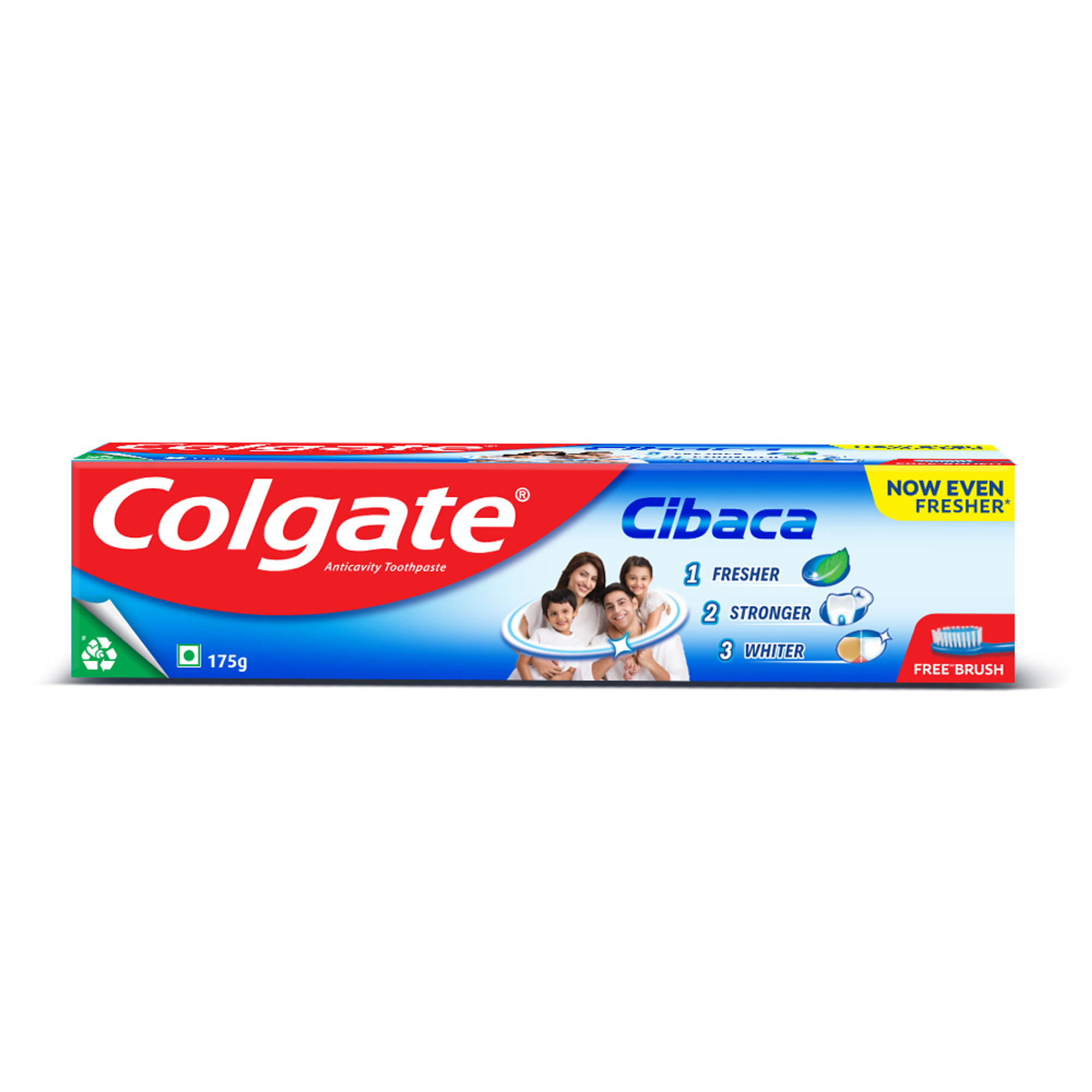Read on to learn the importance of teeth cleaning at home and explore effective methods to achieve a brighter smile from the comfort of your own home. From daily brushing to exploring natural remedies, understanding how to clean your teeth at home is crucial for preserving oral health and preventing potential dental problems.
Importance of Teeth Cleaning at Home
Maintaining proper oral hygiene through regular teeth cleaning at home is fundamental for effective oral health. While professional dental check-ups are vital for detecting early signs of dental issues, the significance of consistent home care practices cannot be ignored. Daily habits like brushing and flossing form the cornerstone of good dental hygiene. These simple yet crucial actions help remove food particles, plaque, and bacteria that can accumulate on the surfaces of your teeth and along the gumline.
Neglecting these routine practices can lead to a lot of oral health problems, including inflammation, discomfort, and even tooth loss. However, beyond the basics of brushing and flossing, combining a variety of home teeth cleaning methods into your routine is essential for keeping your mouth healthy. Regular teeth cleaning at home is a proactive approach to oral care that can yield long-term benefits, from preventing cavities to reducing the risk of gum disease.
How To Clean Teeth At Home?
Discovering how to clean your teeth at home helps you maintain good oral hygiene from the comfort of your home. While seeking advice from your dentist is essential for accurate diagnosis and treatment, incorporating home remedies also can complement your dental care routine. However, proceeding cautiously and prioritising safety when trying teeth-cleaning techniques at home is important. To know more about cleaning teeth at home, explore the following options and methods.
Regular Brushing
Ensuring clean teeth begins with the simple yet essential act of brushing your teeth at least twice a day. Regular brushing is the basis of good oral hygiene and a critical step in maintaining optimal dental health. By brushing your teeth regularly, you effectively remove food particles, plaque, and bacteria that accumulate on tooth surfaces and along the gumline.
Moreover, enhance your brushing routine with an antibacterial toothpaste that fights germs for 12 hours on your teeth, tongue, cheeks, and gums, giving you whole mouth health. Consider using Colgate Total Advanced Health, which utilises Dual-Zinc+Arginine technology to protect your whole mouth proactively, assuring holistic oral health care.
Use Lemon, Orange, or Banana Peels
While lemon, orange, and banana peels have been suggested for various household and dental applications due to their natural acids and properties, using them for teeth cleaning may not be the best idea. The citric acid in lemon and orange peels can erode tooth enamel over time. Banana peels lack sufficient abrasiveness to remove plaque effectively.
Moreover, there are no scientific studies supporting the effectiveness or safety of using these peels for teeth cleaning. The Indian Dental Association recommends regular professional cleanings by dentists or hygienists to properly remove plaque and tartar.
Oil Pulling
Coconut oil pulling is promoted as a natural way to clean teeth at home to remove plaque and bacteria. However, there is limited scientific evidence on its effectiveness and safety. While some claim the antimicrobial properties of coconut oil can kill mouth bacteria, this practice should be approached with caution. Oil pulling involves swishing oil in the mouth for several minutes.
Crucially, oil pulling should not replace professional dental cleanings and proper oral hygiene like brushing and flossing. Consult a dentist before trying oil pulling, as neglecting regular dental care can lead to serious issues despite this practice. Proceed with caution and ensure it complements, not substitutes, essential dental care.
Activated Charcoal
While activated charcoal is a popular method for teeth cleaning that many people swear by for its stain-removing properties, it's important to approach its use with caution. While some believe it can effectively brighten smiles by removing surface stains, there's uncertainty about how exactly it works. It's unclear whether it removes stains from the enamel or simply acts as a surface scrub.
It's essential to proceed carefully when using activated charcoal for teeth cleaning to avoid potential damage to tooth enamel. Using it sparingly and with caution is key. Before incorporating activated charcoal into your dental routine, it's wise to consult with your dentist. They can provide guidance tailored to your specific dental health needs, ensuring you make informed decisions about its use.
Mouth Flossing
Flossing is essential, particularly for individuals with tight contact between their teeth, as these areas can trap food particles, making them difficult to clean. Flossing is usually done before brushing your teeth. Dental floss, either nylon filaments or plastic ribbons, removes food debris and dental plaque from teeth.
Daily flossing is highly recommended as it prevents plaque buildup and helps to clean teeth at home. Moreover, regular flossing stimulates the gums, polishes tooth surfaces, reduces gum bleeding, alleviates bad breath, and contributes to overall gum health.
While regular dental check-ups are crucial, exploring simple methods for teeth cleaning at home can also promote oral health. However, home remedies should complement professional dental cleanings, not replace them. Consult your dentist before trying any new teeth cleaning methods, as they cannot substitute comprehensive oral care from a professional. Maintaining optimal oral health requires both proper at-home routines and professional dental visits.
Achieve Whiter Teeth at Home with Colgate Visible White Booster Gel
Achieving whiter teeth from the comfort of your home is easier than ever with Colgate Visible White Booster Gel. This is the best choice for anyone looking to achieve whiter teeth in just two weeks.
Colgate’s Visible White Booster Gel offers a simple yet effective solution for teeth whitening at home. Its advanced active oxygen technology penetrates the enamel to break down stains from daily habits like coffee or tea. The gel is an easy 3-step application process—squeeze, apply, leave-on—ensures a hassle-free experience. Using the gel twice daily after brushing helps achieve the best results in 14 days. Whether preparing for a special event or simply enhancing your everyday smile, Colgate's Visible White Booster Gel provides a reliable solution for achieving a whiter smile conveniently at home.
Frequently Asked Questions
- How can I deep clean my teeth at home?
Thorough brushing and flossing are effective ways for teeth cleaning at home. Some home remedies for teeth cleaning can also be beneficial. However, seeking professional dental assistance is recommended for more advanced deep cleaning procedures. - Can we clean teeth at home?
You can achieve clean teeth at home through regular brushing and flossing and by exploring various home remedies such as coconut oil pulling and activated charcoal use. However, it is crucial to exercise caution and prioritise safety when utilising these methods. - What is the best way to clean your teeth naturally?
One of the best ways to clean your teeth naturally is by practising good oral hygiene habits, such as regular brushing with fluoride toothpaste and mouth flossing. You can also try home remedies. However, it is essential to consult with a dentist before trying new natural teeth cleaning remedies. - Does brushing 3 times a day whiten teeth?
Brushing twice daily is recommended by dentists to remove bacteria and plaque buildup, preventing cavities and tooth decay. However, regular brushing primarily promotes oral hygiene, not teeth whitening. Professional cleanings are still necessary for comprehensive oral care.
This article is intended to promote understanding of and knowledge about general oral health topics. It is not intended to be a substitute for professional advice, diagnosis or treatment. Always seek the advice of your dentist or other qualified healthcare provider with any questions you may have regarding a medical condition or treatment.
ORAL HEALTH QUIZ
What's behind your smile?
Take our Oral Health assessment to get the most from your oral care routine
ORAL HEALTH QUIZ
What's behind your smile?
Take our Oral Health assessment to get the most from your oral care routine













